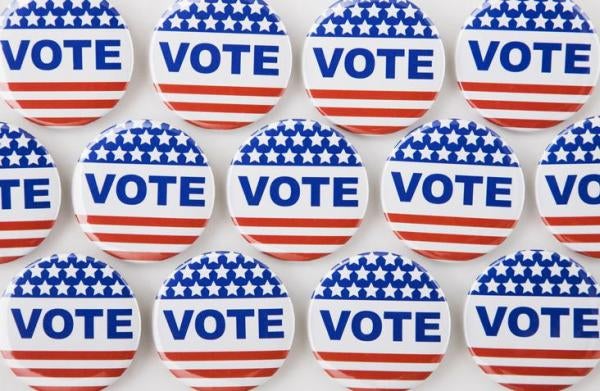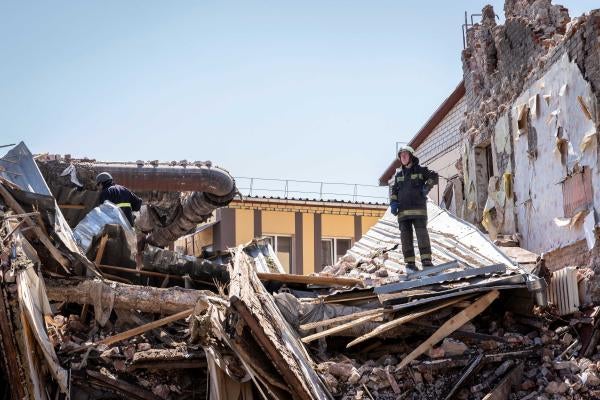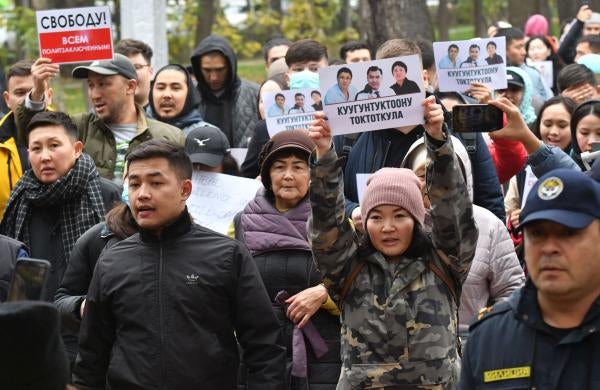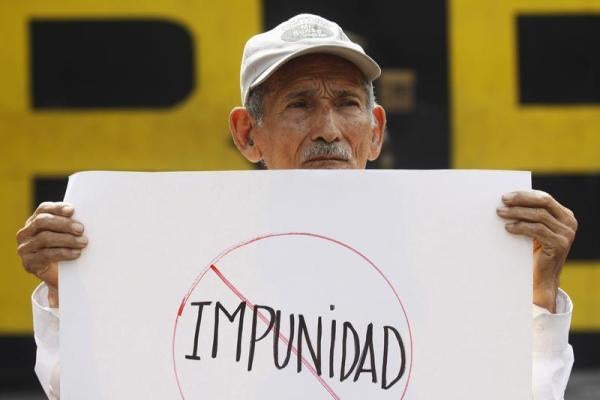I’d like to add an occasional section to this newsletter called, “On Our Terms,” to try to demystify some of the language HRW uses for people who don’t spend every waking hour living and breathing this stuff. Let’s start with: impunity.
“Impunity” is not a very common word, I’m afraid, which is a bit of a shame, because it really captures so much of what’s wrong with the world today.
The dictionary definition – “exemption from punishment or freedom from the injurious consequences of an action” – won’t help popularize the word either. It’s an explanation that sounds as legalistic as the word itself.
But if you translate that definition of “impunity” into human English, things get more interesting…
“Impunity” basically means getting away with murder.
Or some other crime.
Some people in power commit crimes – it could be corruption, it could be killing protesters – and they get away with those crimes for one reason or another.
Maybe it’s because the police are corrupt, too, and don’t investigate. Maybe it’s because the courts are politicized and never try, or convict, powerful people. Maybe it’s because the danger of speaking out against crimes is too great for most people to risk it.
Maybe it’s also because the outside world doesn’t care and thus lets a leader get away with crimes in their country.
Whatever the reason, the powerful figure who’s committed the crime faces no damaging consequences for their actions. No one holds them accountable.
Most importantly, what does that person learn from their experience of getting away with it? They learn that they can commit the same crime again and get away with it again. The unpunished abuser will commit further abuses.
That’s “impunity.” And that’s why it’s so dangerous.
As I say, it’s weird that “impunity” is not a more common word, seeing as how central the underlying concept is to so many of our problems. Maybe we should all try to change that?
Impunity: try using it in a sentence today.






